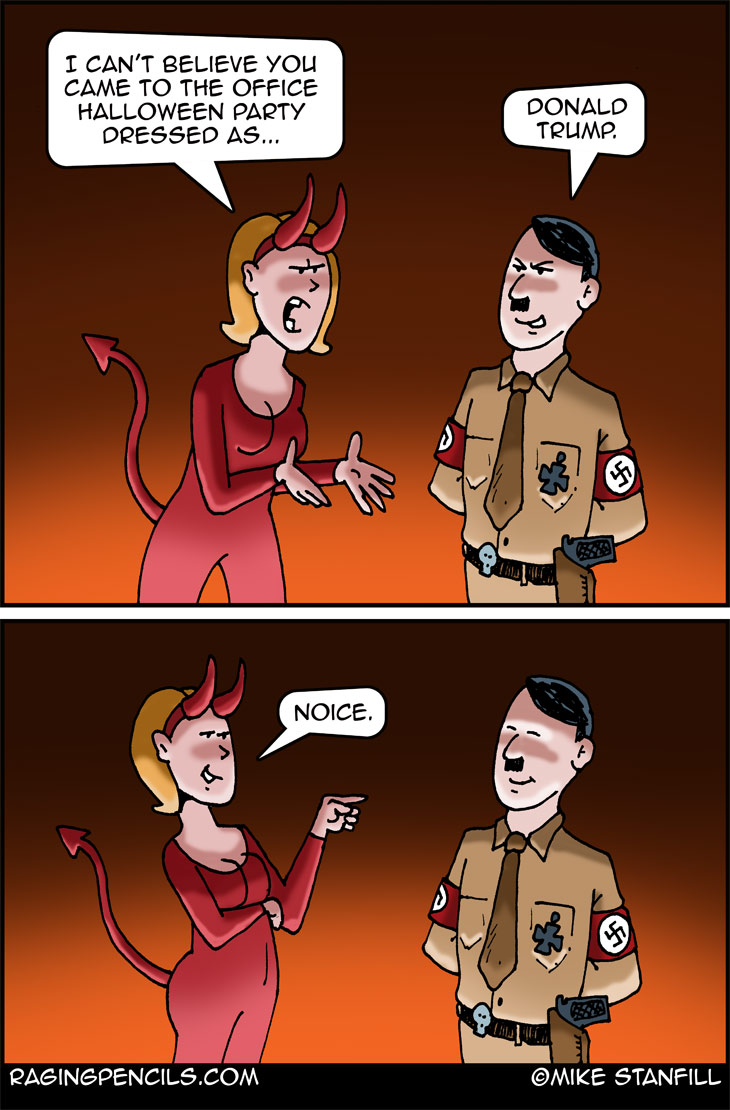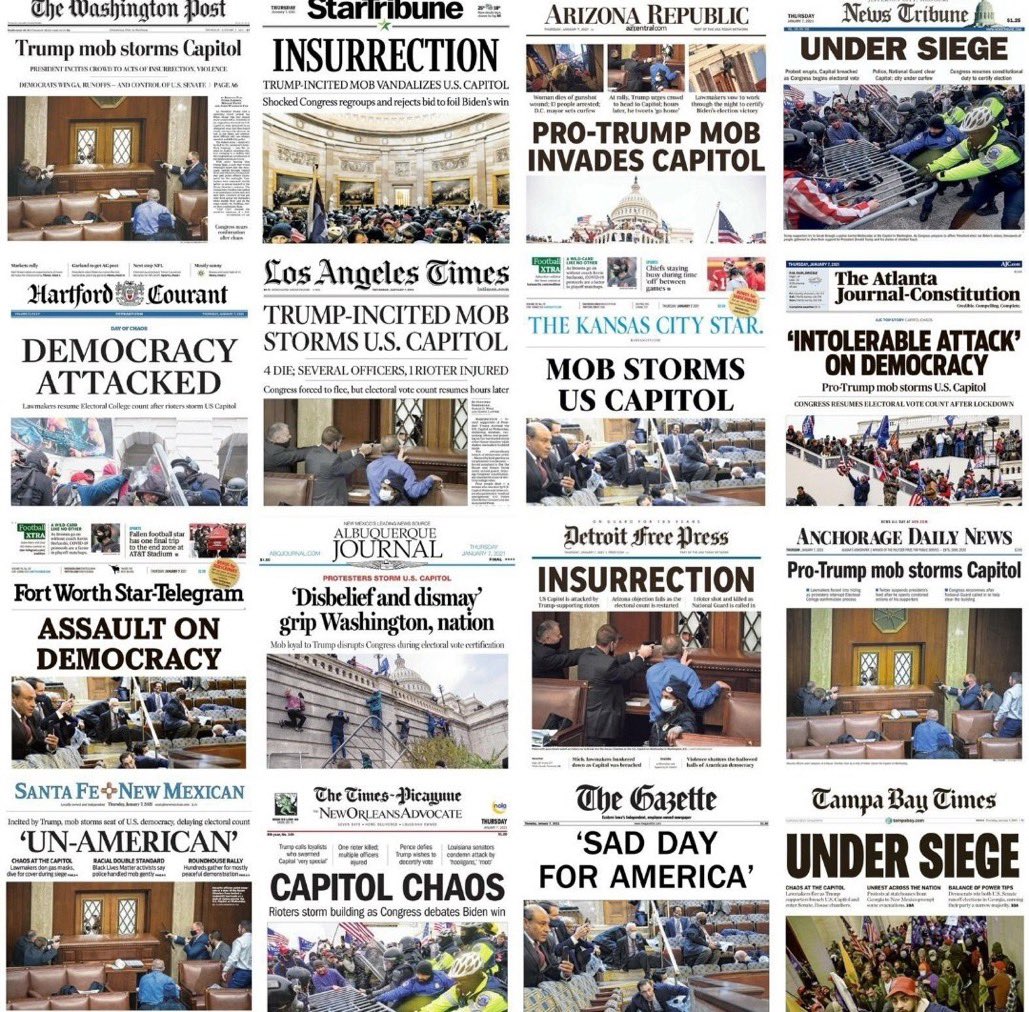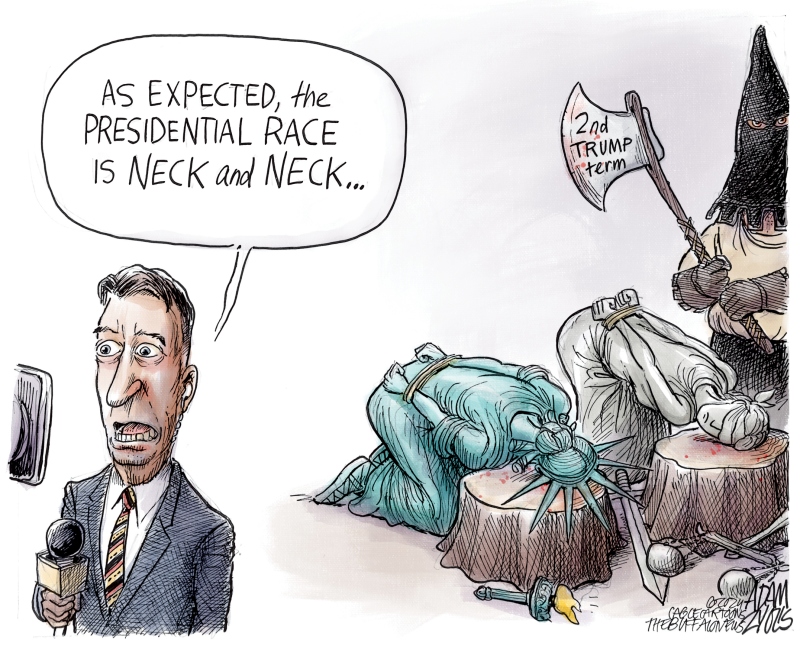Don’t fall for this old trick
By Will Collette
To hear the Charlestown Citizens Alliance (CCA) tell it, if
not for them, Charlestown would be lit up like a car dealership in Cranston.
Unless they are returned to power, Charlestown will be lit up like convicts caught
in the prison yard attempting a jail break. Without them in charge, Charlestown will look like the Las Vegas strip.
If you read their literature, this election is all about
Charlestown’s dark sky. It’s not about the CCA’s
financial screw-ups and mismanagement. Or about continuous tax increases
during their ten years of power. Or their succession of shady
land deals – over-priced properties, bogus appraisals, insider deals. It’s
not about their decision to cover up their conduct by denying
access to public records and denying
non-CCA members to speak at Council meetings.
No, none of those issues matter at all. Just look at the shiny objects that the
CCA wants you to think are a menace to you and all that you love.
My oh my, I am so sick of these people.
To learn more about the CCA's sleezy land deals, read The Politics of Charlestown Open Space.
Look, I grew up wanting to be an astronomer, at least until
I found out it required a math aptitude I just don’t have. But I love
sky-watching and appreciate the rare ability we have in Charlestown to see so
much more of the night sky than our urban neighbors. We've run more than 400 articles in Progressive Charlestown on astronomy.
 |
According to the CCA's campaign filing reports, these slick,
3-page flyers cost $3000+ to print and mail on a phony issue |
But if you were to ask me to rank dark skies among the needs
of residents, it would be on the list but not in first place by a long shot. As
a voter, I’d put a higher ranking on good
town management, clean water, affordable
housing for seniors and workers, transportation alternatives, sound land
management and honesty.
But apparently CCA leader and Town Council candidate Ruth
Platner (possibly former Planning Commissar) wants this election to be all
about dark skies. It sure beats talking about CCA financial foul-ups. Oh, look
at the not-shiny thing!
For detail on just how badly the CCA messed up on finances
and taxes, read Charlestown
finances and taxes – Your choice on November 5 then read RI
Auditor General finds new CRU leadership in Charlestown improved town finances
to see how our current CRU Council leadership has turned things around.
It also explains why the CCA is so eager to distract you with a bogus issue.
It’s worth revisiting how we got to this point. When Tom
Ferrio and I started Progressive Charlestown, we found the CCA gave us lots to
write about. In addition to shady land deals, Platner’s dark sky obsession figured
prominently in the early years of the CCA’s rule.
For several years, Platner kept trying to figure out how to write a town ordinance to ban outside lighting, especially for sports and
recreation, or at least force people to comply with using only shielded, downward
facing outdoor lights.
In her early attempts, she tried to make it retroactive to
cover every light in town but was told that wasn’t legal. She tried to make it
compulsory on everyone, but that sparked a huge backlash.
She tried to regulate lighting as minutely as she has in such things as Charlestown’s anti-wind
power ordinance or their newly released “Design
Standards” that dictate down to the smallest detail what can or can’t be
done with buildings in Charlestown. At one point, she went for a plan that
would require you to install new dark sky-friendly light fixtures anytime you changed
a lightbulb.
Some CCA Planning Commission members had even more radical ideas, such as blacking out the town, noting that we get the best dark skies during extended power outages.
It was everyone’s worst nightmare of regulatory overreach.
Watching it was sad, but also funny. It was a battle that
never needed to be fought and that’s still true today.
At the time, I
suggested a better approach would be to conduct public education to pursue
assisted voluntary compliance. The town could help promote dark sky
lighting through property tax credits to offset the cost of retrofitting. It
could also arrange a bulk purchasing plan to make it easier and cheaper to buy
such things as hoods for outdoor
floodlights.
But no, the CCA and Ruth don’t trust you to make good
decisions.
After long and arduous failed attempts and endless public
hearings, Ruthie finally got a watered down, unenforceable dark sky ordinance
passed. In my opinion, she got less than she would have through the voluntary
approach I recommended.
But that’s not all. It wouldn’t be a CCA campaign without an
imaginary crisis, in this case “The Battle for Ninigret Park.” Like today’s
phony CCA dark sky panic, it involved an approaching Armageddon sparked by the
idea of after-dark activities in Ninigret Park.
To read more about the CCA’s habit of creating phony threats,
read Fear
and Loathing in Charlestown Politics.
This crisis featured a phony dossier – referred to as "Document #2" - held but never revealed by former CCA President and Town
Council member Dan Slattery. According to Slattery, any attempt to install
lights in Ninigret Park would trigger
the federal government to take back the Park. And he had the proof right there in Document #2.
The town was in an uproar for months and it took an
appearance by regional US
Interior Department office Elyse LaForest to establish that (a) Charlestown
owns Ninigret Park, (b) no, the Interior Department had no plans to take
back the Park and (c) under the federal program that transferred decommissioned
military land to local governments, there were almost no instances of land
reverting back to the feds.
In those rare instances, it was usually because the local
government asked the feds to take the land back.
After an investigation by the RI Attorney General, Dan
Slattery admitted that there wasn’t actually anything in “Document #2, his
Ninigret dossier.
There were casualties in the Battle for Ninigret Park, of
course, since the CCA needed blood. Town Administrator Bill DiLibero and Parks
and Rec Director Jay Primiano lost their jobs.
So here we go again, another election and another bizarre CCA
conspiracy theory.
Like I said, I am so sick of these people and the way they
behave. After all this, how dare they ask for your vote.





















